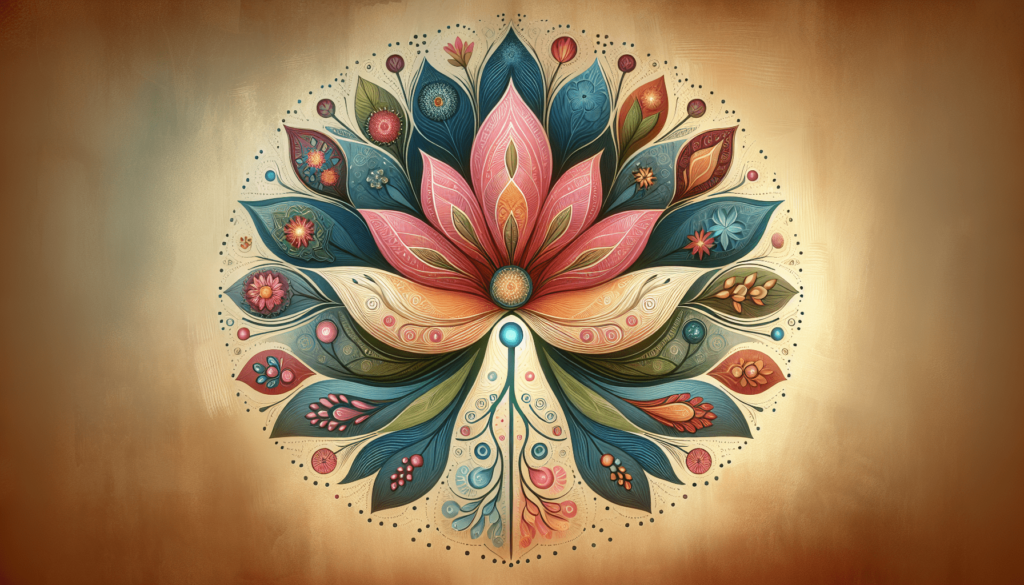Are you feeling out of balance and not quite yourself? Hormonal imbalances can wreak havoc on your physical and emotional well-being. It’s essential to address these issues holistically to bring your body back into harmony. In this article, you will learn about holistic strategies for managing hormonal imbalances that can help you feel like yourself again.
Understanding Hormonal Imbalance
Hormones are chemical messengers that regulate various bodily functions, from metabolism and growth to mood and reproduction. When there is an imbalance in these hormones, it can lead to a wide range of symptoms such as fatigue, weight gain, mood swings, and irregular menstrual cycles.
Common Causes of Hormonal Imbalance
Several factors can contribute to hormonal imbalances, including stress, poor nutrition, lack of exercise, and certain medical conditions. It’s essential to identify the root cause of your hormonal imbalance to develop an effective treatment plan.
Stress
Chronic stress can disrupt the balance of hormones in your body, leading to adrenal fatigue and imbalances in cortisol levels. Finding ways to manage stress, such as meditation, deep breathing exercises, or yoga, can help restore hormonal balance.
Poor Nutrition
A diet high in processed foods, sugar, and unhealthy fats can wreak havoc on your hormones. Eating a diet rich in whole foods, fruits, vegetables, lean proteins, and healthy fats can support hormonal balance and overall health.

Symptoms of Hormonal Imbalance
Recognizing the symptoms of hormonal imbalance is the first step in addressing these issues. Some common symptoms of hormonal imbalance include:
- Fatigue
- Weight gain or weight loss
- Mood swings
- Insomnia
- Irregular menstrual cycles
- Hair loss or thinning
- Acne or skin issues
If you are experiencing any of these symptoms, it’s essential to consult with a healthcare provider to determine if you have a hormonal imbalance.
Holistic Strategies for Managing Hormonal Imbalance
Taking a holistic approach to managing hormonal imbalances involves addressing the root cause of these issues and supporting your body’s natural balance. Here are some holistic strategies that can help:
Dietary Changes
Making dietary changes can have a significant impact on hormonal balance. Focus on eating whole, nutrient-dense foods and avoid processed foods, sugar, and unhealthy fats. Incorporating foods rich in omega-3 fatty acids, fiber, and antioxidants can help support hormonal health.
Regular Exercise
Regular exercise is crucial for hormonal balance and overall health. Physical activity can help regulate hormone levels, improve metabolism, and reduce stress. Aim for at least 30 minutes of moderate exercise most days of the week.
Stress Management
Managing stress is essential for restoring hormonal balance. Practice stress-reducing techniques such as meditation, deep breathing exercises, yoga, or journaling. Find activities that help you relax and unwind, and make them a regular part of your routine.
Sleep Hygiene
Getting an adequate amount of high-quality sleep is vital for hormonal balance. Aim for 7-9 hours of sleep each night and create a relaxing bedtime routine to help you unwind and prepare for sleep. Avoid electronic devices before bed and create a dark, quiet sleep environment.
Herbal Supplements
Certain herbal supplements can help support hormonal balance. Herbs such as maca root, ashwagandha, vitex, and black cohosh have been used for centuries to regulate hormones and support overall well-being. Consult with a healthcare provider before taking any herbal supplements.
Essential Oils
Essential oils can also help support hormonal balance. Oils such as clary sage, lavender, and rose can help regulate hormone levels, reduce stress, and improve mood. Use essential oils in a diffuser, massage oil, or bath to experience their benefits.
Acupuncture
Acupuncture is a traditional Chinese medicine practice that involves inserting thin needles into specific points on the body to promote healing and balance. Acupuncture can help regulate hormone levels, reduce stress, and improve overall well-being.

Lifestyle Changes for Hormonal Balance
In addition to the strategies mentioned above, making certain lifestyle changes can also help support hormonal balance. Here are some lifestyle changes to consider:
Reduce Toxins
Toxins in the environment, food, and personal care products can disrupt hormonal balance. Reduce your exposure to toxins by choosing organic foods, using natural cleaning products, and avoiding synthetic fragrances and chemicals.
Manage Weight
Maintaining a healthy weight is essential for hormonal balance. Excess body fat can lead to hormonal imbalances, so aim to maintain a healthy weight through a balanced diet and regular exercise.
Hormone Testing
If you suspect you have a hormonal imbalance, consider getting hormone testing done. Testing your hormone levels can help identify any imbalances and guide you in developing an effective treatment plan.
Seek Support
Dealing with hormonal imbalances can be challenging, so don’t be afraid to seek support from healthcare providers, therapists, or support groups. Having a strong support system can help you navigate the complexities of hormonal imbalances.
Conclusion
Managing hormonal imbalances can be a complex and challenging process, but taking a holistic approach can help you restore balance and feel your best. By addressing the root causes of hormonal imbalances and incorporating holistic strategies into your daily routine, you can support your body’s natural healing processes and promote overall well-being. Remember to consult with a healthcare provider before making any significant changes to your diet or lifestyle, and always listen to your body’s signals. With patience, perseverance, and a holistic mindset, you can successfully manage hormonal imbalances and feel like yourself again.

